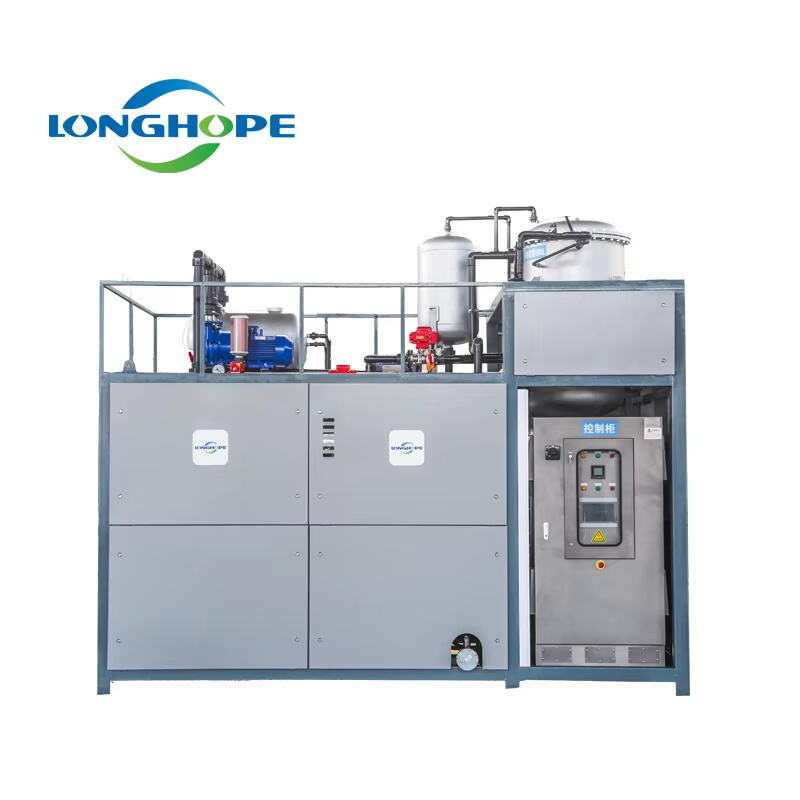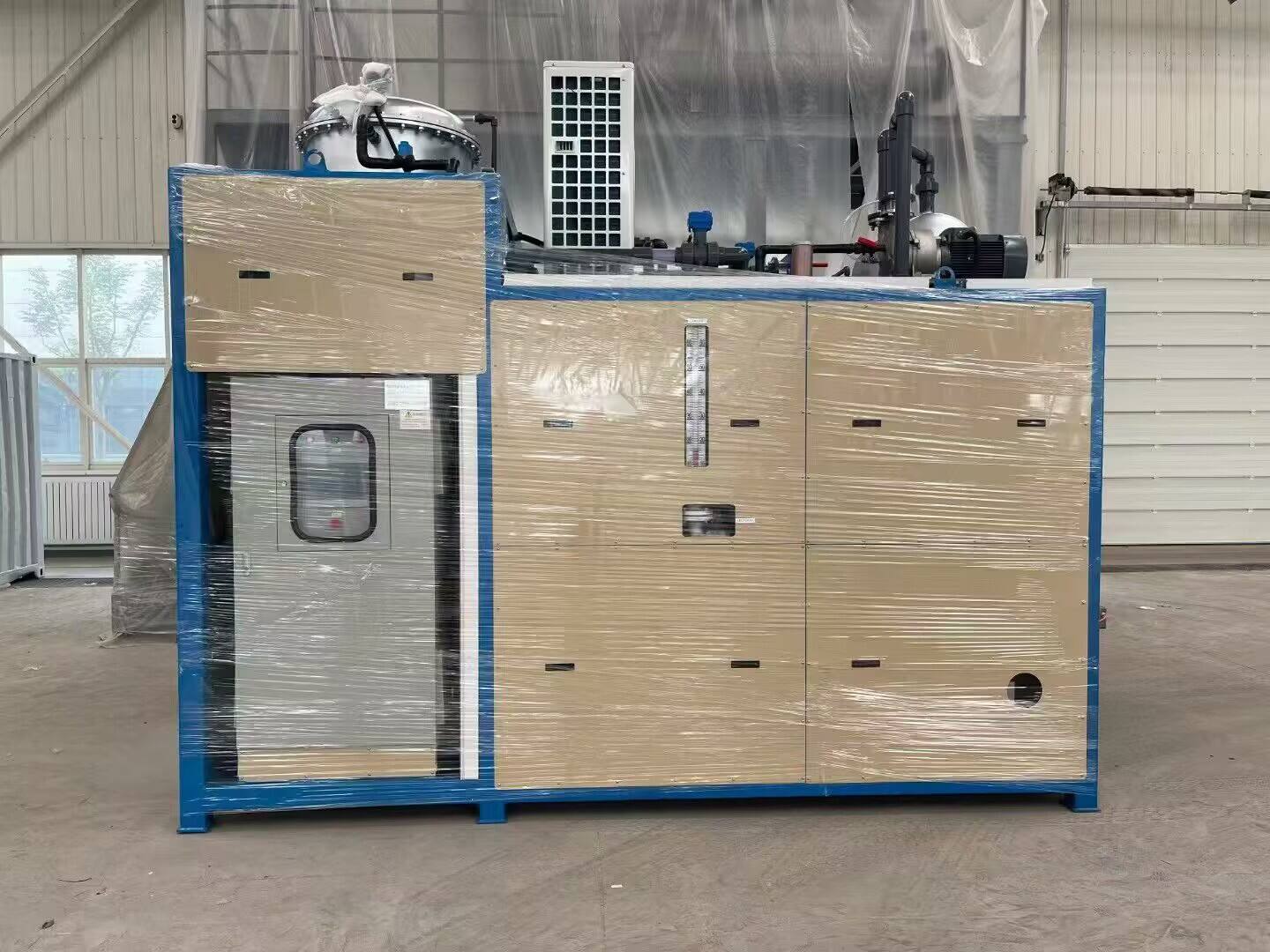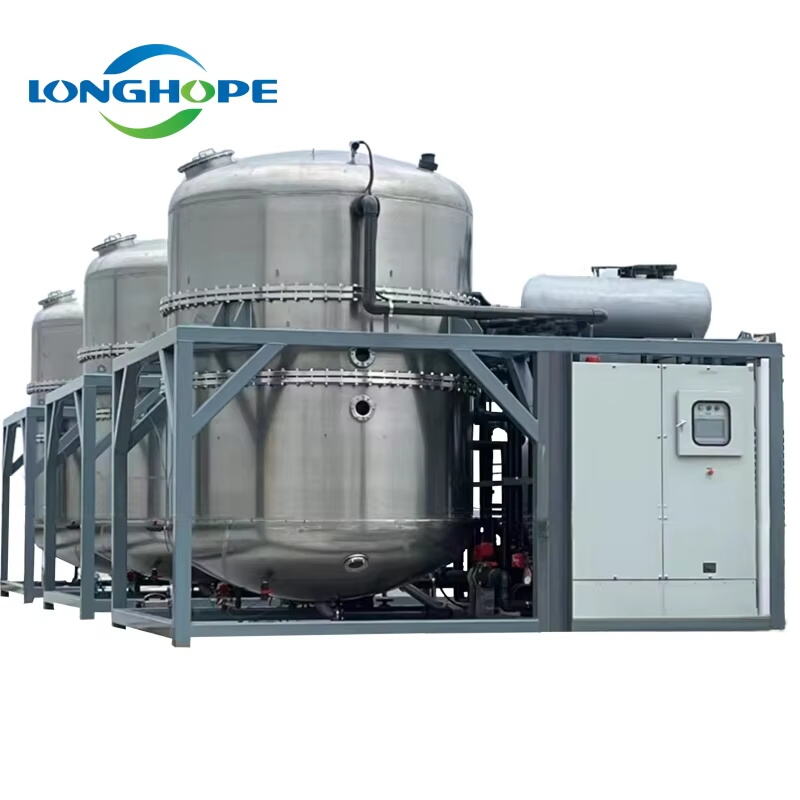industrial wastewater treatment process
Industrial wastewater treatment is a comprehensive process designed to purify and reclaim contaminated water from manufacturing and industrial operations. This sophisticated system employs multiple stages of treatment, including physical, chemical, and biological processes, to remove pollutants and ensure compliance with environmental regulations. The primary treatment phase involves mechanical methods such as screening and sedimentation to remove large particles and suspended solids. Secondary treatment utilizes biological processes, where microorganisms break down organic compounds, while tertiary treatment implements advanced techniques like membrane filtration and UV disinfection to achieve the highest water quality standards. Modern industrial wastewater treatment facilities incorporate automated monitoring systems and smart control technologies to optimize performance and efficiency. These systems can handle various types of industrial effluents, from chemical processing waste to food production byproducts, adapting treatment protocols based on specific contamination profiles. The process not only ensures environmental compliance but also enables water recycling and resource recovery, making it an essential component of sustainable industrial operations.


